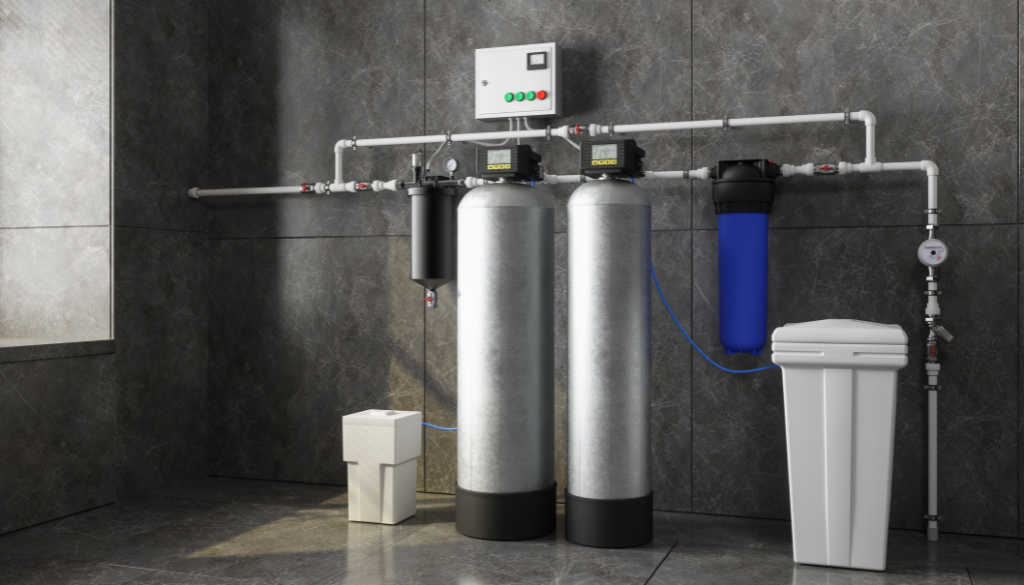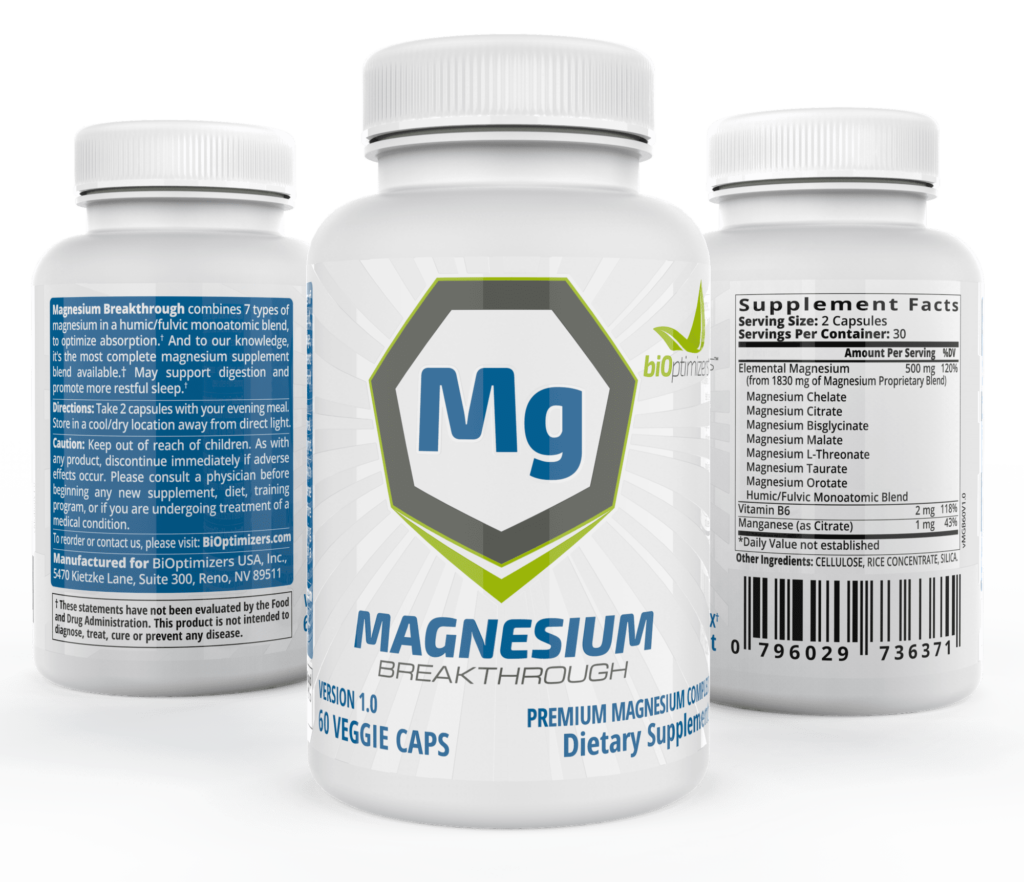Water Softener Filter Solutions for Home Use

Are you tired of dealing with the negative effects of hard water in your home? Look no further than water softener filters for the ultimate solution. These filters are specially designed to remove minerals that cause water hardness, ensuring you have access to clean, soft water for all your daily needs.
Using a water softener filter in your home can have a significant impact on your health and the longevity of your appliances. From improving the texture of your skin and hair to preventing scale buildup in your plumbing system, these filters offer numerous benefits that you and your family can enjoy.

Key Takeaways:
- Water softener filters are designed to remove minerals that cause water hardness.
- Using a water softener filter can improve skin and hair health.
- These filters prevent scale buildup in pipes and appliances.
- Installing a water softener filter can potentially reduce energy consumption.
- Choosing the right water softener filter is essential for optimal performance.
Understanding Water Hardness and Its Effects
Before diving into the different water softener filter solutions, it’s important to understand what water hardness is and how it can impact your daily life. Water hardness refers to the mineral content present in your water supply, primarily calcium and magnesium ions. When these minerals are present in high concentrations, they can cause undesirable effects on various aspects of your household.

Hard water can have several effects on your everyday routine. Let’s explore some of the most common areas where its impact is noticed:
The Effects of Hard Water
- 1. On your skin: Hard water can cause dryness, irritation, and clogged pores, making your skin feel itchy and uncomfortable. It can also affect the effectiveness of cleansers and skincare products, making it harder to achieve a smooth and radiant complexion.
- 2. On your hair: The presence of minerals in hard water can make your hair dull, brittle, and prone to breakage. It can also inhibit the lathering of shampoos, making it harder to thoroughly cleanse your scalp and remove product buildup.
- 3. On your plumbing system: Over time, the buildup of minerals from hard water can lead to the formation of limescale deposits in your pipes, faucets, and showerheads. This can restrict water flow, decrease water pressure, and potentially lead to costly repairs or replacements.
- 4. On household appliances: Hard water can negatively affect the performance and longevity of your appliances, such as dishwashers, washing machines, and water heaters. Mineral buildup can reduce their efficiency, increase energy consumption, and shorten their lifespan.
To mitigate these adverse effects, installing a water softener filter is highly recommended. These filters are designed to remove the minerals responsible for water hardness, providing you with softer, treated water that is gentler on your skin, hair, and plumbing system. In the next section, we will delve into the mechanics of water softener filters and how they effectively eliminate water hardness.
How Water Softener Filters Work
Water softener filters are essential in treating and removing minerals that cause water hardness. Understanding how these filters work can help you make an informed decision when choosing the right one for your home.
There are two main types of water softener filters: salt-based and salt-free options. Salt-based filters use ion exchange to remove minerals such as calcium and magnesium from the water. These filters contain resin beads that attract and replace the minerals with sodium ions, resulting in softened water.
On the other hand, salt-free water softener filters use different mechanisms to prevent the minerals from accumulating and causing hardness. These filters often utilize techniques like template-assisted crystallization or catalytic media to alter the structure of the minerals, preventing them from adhering to surfaces and forming scale.
When water enters the water softener filter system, it passes through the filtration media, where the mineral ions are either exchanged or transformed. The softened water then flows out of the filter and into your household plumbing system, providing you with water that is free from the effects of hardness.
Types of Water Softener Filters
Salt-based Water Softener Filters:
- Use ion exchange process to remove minerals
- Require periodic maintenance to regenerate the salt
- Highly effective in removing minerals causing hardness
Salt-free Water Softener Filters:
- Utilize alternative mechanisms to prevent mineral buildup
- Do not require salt regeneration
- May be less effective for extremely hard water
It’s important to consider the level of hardness in your water supply and your specific needs when selecting a water softener filter. Consult with a professional or refer to the manufacturer’s guidelines to determine the most suitable option for your home.
“Water softener filters play a crucial role in minimizing the negative effects of hard water. By effectively removing the minerals that cause hardness, these filters provide you with soft, treated water for all your daily needs.” – Water Solutions Expert
Choosing the Right Water Softener Filter
Selecting the ideal water softener filter for your home can seem like a challenging task. With so many options available, it’s essential to make an informed decision. In this section, we’ll guide you through the key factors to consider, ensuring you choose the right water softener filter to meet your specific needs.
Flow Rate
The flow rate of a water softener filter indicates the amount of water it can process within a specific time frame. Consider your household’s water usage and determine the appropriate flow rate that can consistently deliver softened water throughout your home.
Capacity
The capacity of a water softener filter refers to the amount of hardness-causing minerals it can effectively remove before requiring regeneration. Evaluate the hardness level of your water supply and choose a filter with sufficient capacity to cater to your household’s needs without frequent regeneration cycles.
Maintenance Requirements
Maintaining your water softener filter is crucial for its optimal performance and longevity. Some filters may require regular replacement of cartridges or cleaning of specific components. Assess the maintenance requirements of different filter models and choose one that aligns with your time and effort availability.
Cost
Cost is an essential consideration when choosing a water softener filter. Evaluate both the initial investment and ongoing expenses, such as replacement parts or salt usage for salt-based systems. Remember that a higher upfront cost might translate into long-term savings through improved efficiency and reduced maintenance needs.
Remember, choosing the right water softener filter is an investment in the quality of your water and the longevity of your appliances. Take your time to research and assess different options based on flow rate, capacity, maintenance requirements, and cost. By doing so, you’ll ensure the perfect fit for your home and enjoy the benefits of soft, treated water every day.

With these key factors in mind, you’ll be well-equipped to select the right water softener filter for your home. In the next section, we’ll provide step-by-step instructions on the installation and maintenance of your chosen filter, ensuring its optimal performance over time.
Installation and Maintenance Tips
Once you’ve chosen the perfect water softener filter for your home, it’s essential to install and maintain it correctly. This will ensure optimal performance and prolong the lifespan of your filter system. Follow these step-by-step instructions for installation:
- Begin by turning off the main water supply to your home.
- Locate a suitable location for the water softener filter. It should be close to the main water supply line and easily accessible for future maintenance.
- Connect the filter to the water supply line using appropriate fittings and connectors.
- Ensure all connections are tight and secure to prevent leaks.
- Open the bypass valve on the filter system to allow water flow.
- Slowly turn on the main water supply and check for any leaks.
- Once you’ve confirmed there are no leaks, allow the filter to flush for a few minutes to remove any air or debris.
- Your water softener filter is now installed and ready to provide you with soft, treated water.
Useful Maintenance Tips:
- Regularly check the salt levels in salt-based water softener filters and refill as necessary.
- Clean or replace the filter cartridges according to the manufacturer’s instructions.
- Inspect and clean the brine tank periodically to prevent salt buildup.
- Flush the system annually to remove any accumulated sediment or minerals.
- Keep an eye out for any signs of leaks or malfunctions and address them promptly.
By following these installation and maintenance tips, you’ll ensure that your water softener filter continues to deliver high-quality, softened water for years to come.
“Proper installation and regular maintenance are key to maximizing the performance and longevity of your water softener filter.”

Benefits of Using Water Softener Filters
Using a water softener filter offers numerous benefits for both your health and home. Let’s explore how these filters can transform your daily life:
Improves Skin and Hair Texture
Soft water from a water softener filter can have a positive impact on the texture of your skin and hair. Hard water can leave a residue on your skin, making it feel dry and itchy. However, with a water softener filter, the minerals that cause hardness are removed, resulting in smoother and moisturized skin. Additionally, soft water can leave your hair feeling softer and more manageable.
Prevents Scale Buildup in Pipes and Appliances
Hard water contains minerals like calcium and magnesium that can form scale buildup in your plumbing system and household appliances. Over time, this can lead to clogged pipes, decreased water flow, and reduced efficiency of appliances such as water heaters and dishwashers. By using a water softener filter, you can prevent scale buildup, prolong the lifespan of your pipes and appliances, and save money on plumbing repairs.
Reduces Energy Consumption
When your water supply is hard, appliances like water heaters need to work harder to heat the water due to the presence of mineral deposits. This increases energy consumption and results in higher utility bills. By using a water softener filter, you can reduce the energy requirements of your appliances, leading to cost savings and a more environmentally friendly home.
“Investing in a water softener filter can provide long-term benefits, from improved skin and hair health to reduced scale buildup in your plumbing system. It’s a worthwhile investment for any homeowner.” – Mary Johnson, Homeowner
With these benefits in mind, it’s clear that a water softener filter is an essential addition to any home. Not only does it improve your overall water quality, but it also saves you money in the long run by preventing plumbing issues and reducing energy consumption. Make the switch today and experience the transformation soft water can bring to your daily life.
Conclusion
In conclusion, investing in a high-quality water softener filter for your home is a smart decision that brings numerous advantages. By effectively removing minerals that cause water hardness, these filters improve your water quality substantially. Not only does this enhance the taste and clarity of your drinking water, but it also has a positive impact on your overall health.
Furthermore, using a water softener filter helps protect your appliances and plumbing system. With soft water, you can prevent scale buildup in pipes, faucets, and household appliances, extending their lifespan and reducing the need for costly repairs or replacement.
When choosing a water softener filter, it’s important to consider factors such as flow rate, capacity, maintenance requirements, and cost. By carefully evaluating your specific needs and preferences, you can select the right filter that suits your household’s requirements.
Experience the transformative effects of soft water in your daily life by investing in a reliable water softener filter today. From improved water quality to long-lasting appliances, these essential additions will bring convenience, efficiency, and overall wellbeing to your household.
FAQ
What is water hardness and how does it affect daily life?
Water hardness refers to the presence of minerals, such as calcium and magnesium, in the water. It can have various effects on your daily life, including dry skin and hair, scale buildup in pipes and appliances, and reduced effectiveness of soaps and detergents.
How do water softener filters work?
Water softener filters work by removing the minerals that cause water hardness. There are different types of filters available, including salt-based filters that use ion exchange and salt-free filters that use physical or chemical processes to soften the water.
What factors should I consider when choosing a water softener filter?
When selecting a water softener filter, it’s essential to consider factors such as flow rate, capacity, maintenance requirements, and cost. These factors will vary depending on your specific needs and preferences.
How do I install and maintain a water softener filter?
Installing a water softener filter requires following specific steps, which may vary depending on the filter system you choose. Additionally, regular maintenance, such as periodic cleaning and replacing filter cartridges, is necessary to ensure optimal performance of the filter.
What are the benefits of using water softener filters?
Using water softener filters can provide numerous benefits, including improved skin and hair texture, reduced scale buildup in pipes and appliances, and potentially lower energy consumption. These filters enhance water quality for a healthier and more efficient home.











